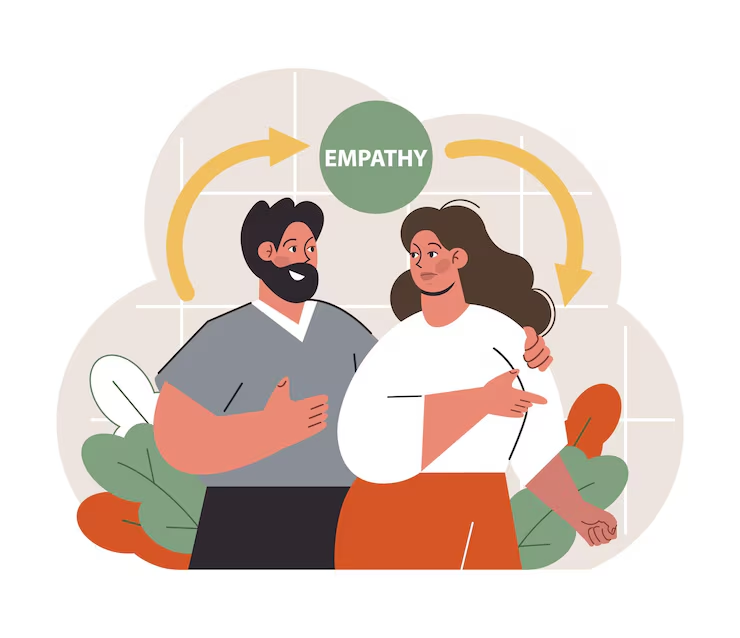The Hidden Anxiety of Constant Self-Optimization and 4 Important Emotional Cost of It
Introduction In a culture that celebrates productivity, progress, and personal growth, the pursuit of self-optimization has become both a lifestyle and a psychological expectation. We track our sleep, count our steps, set measurable goals, and read endless advice about how to “be our best selves.” While self-improvement can certainly lead to empowerment and mastery, the […]
The Hidden Anxiety of Constant Self-Optimization and 4 Important Emotional Cost of It Read More »








